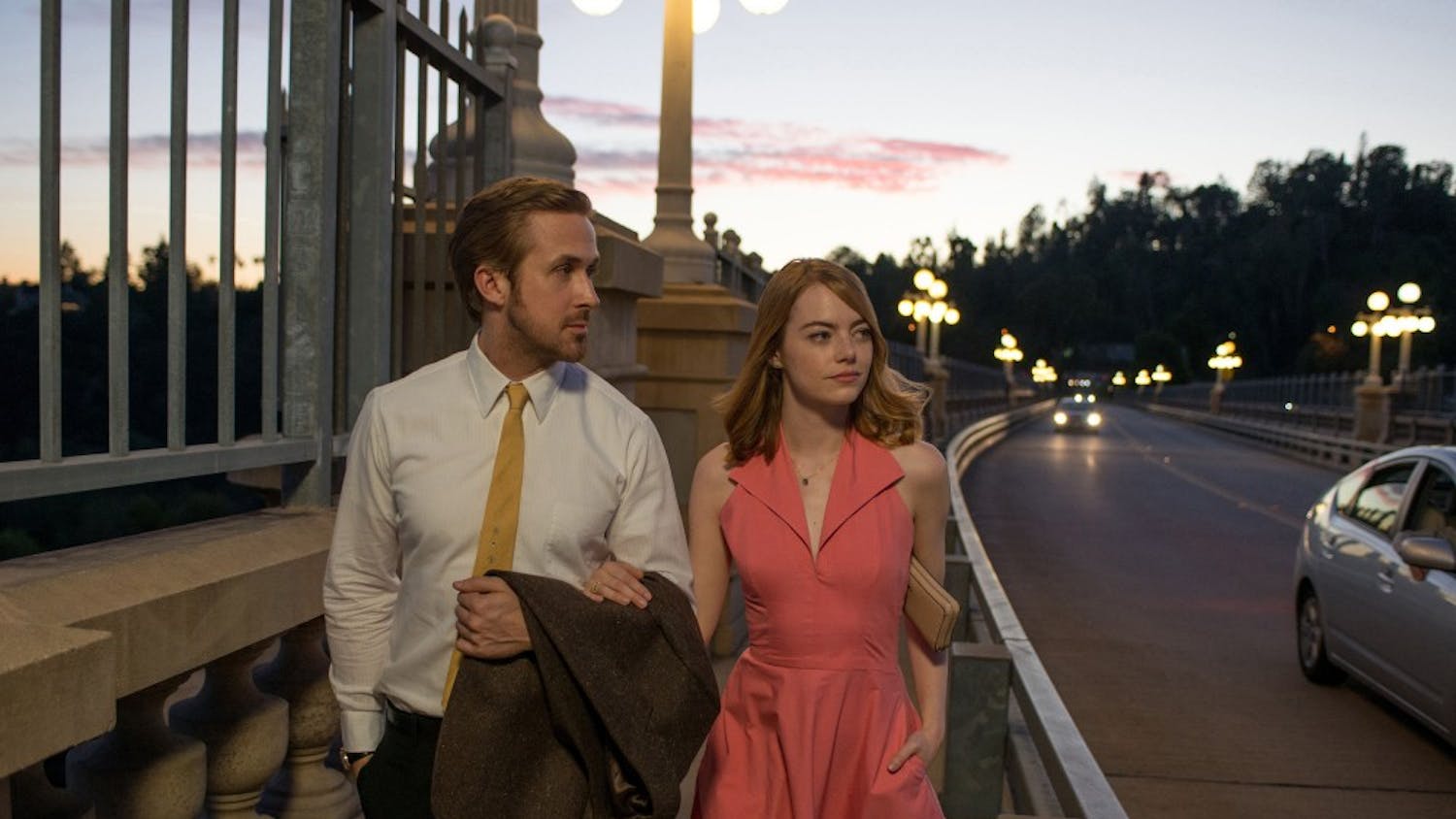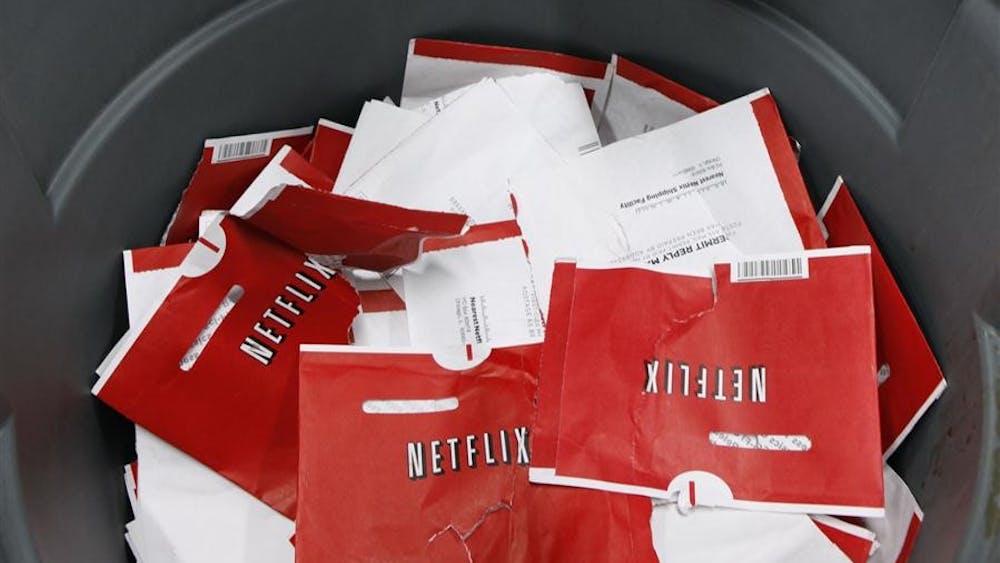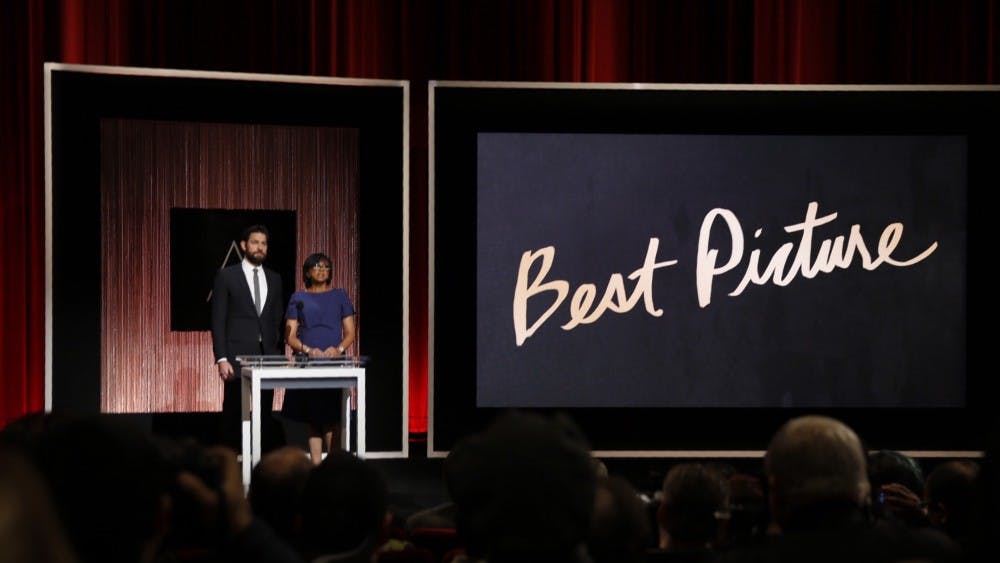The greatest band in the world just released a full-length record, In Rainbows, for free. \nWrap your head around that for a second. A group of people who ostensibly make a product, and who make a damn good one, are giving away that product for nothing. OK, technically it's "pay what you want," but for our generation, that translates to "pay as little as you want." How little confidence do they have in the medium if they won't charge money for it?\nTo paraphrase David Byrne, how did we get here? The obvious answer is "the Internet," but the record industry has long been suffocating from its own excess. Even as the record industry scores a symbolic legal victory against downloaders, the bulk of online downloading continues to be clandestine file sharing. The industry's unfair pricing has driven its fans into the arms of file-sharers and copiers, who are becoming tougher to prosecute and tamp down. As a result, we consumers spit on their overpriced, outdated plastic discs. \nNow an album means nothing to us. Perversely, the music industry's high-priced discs eventually drove us to music sharing, making us the generation that feels it deserves free music. We'll drop $50 on a concert, even though we balk at buying the actual album. We won't shell out 10 bucks for a good band's new CD, which took months if not years to craft and move to production, but we'll sure spend $20 on the T-shirt with cheap screen print from a Malaysian sweatshop.\nWe've all known for a while that only a small fraction of a CD's sticker price goes to the artist (even on iTunes). What we hadn't figured out was how to construct a new model that bypasses the record industry entirely.\nRadiohead has found a way. Mustering its significant resources, the band is selling directly to the customer, with all the profits going to them. Rather than accept a royalty rate of pennies to the dollar, Radiohead's members can simply cut out the middleman, taking the bulk of the price. Even though Radiohead is giving away music for free, people are still willing to pay an average of about $10 (5 pounds) for the album. Fans know what they're getting with Radiohead and are willing to shell out big bucks. If anything, the In Rainbows experiment shows we're more than willing to help out our favorite artists; we just refuse to continue feeding the major-label machine.\nWhy do we need record companies these days, anyway? To "find" artists? The denizens of MySpace are five steps ahead of the record companies when it comes to finding new artists, such as singer-songwriter Colbie Caillat, whose MySpace phenomenon became a real hit. \nDeveloping bands and musicians? Please. Record companies stopped doing this 10 years ago. Now they're only searching for instant hits. It took Ray Charles more than six years to break onto the pop charts, with the artistic freedom Atlantic Records granted him allowing him to find his trademark sound. Can you imagine any artist getting a similar break today? The music industry today demands ready-made stars, not works in progress. \nRecently, in a rejection of the old recording model, artists as diverse as Prince and Nine Inch Nails have started giving away music for free. Music has gone from service (live performance) to goods (vinyl and plastic) back to service (concerts, streams and downloads). Basically, we've got musicians playing for tips again. And honestly, it's not that bad. The "pay-what-you-want" creates a more dynamic economic model, where the price is exactly what you're willing to pay, with a high ceiling on the number of potential downloads. Plus, more musicians get to hear more music, creating an exciting environment for new music and genre-hopping.\nThe common argument against such models centers on the struggling artist in need of the incentive to keep playing. But the digital age puts that possibility of incentive much closer at hand than it used to be. We've reached a do-it-yourself era in which anyone can plug in a Mac, soundproof their garage and start selling their tunes online. From small-scale garage bands to the best band on Earth, the twilight of the major labels has arrived.
The Last Word
Hail to the thieves

Get stories like this in your inbox
Subscribe





